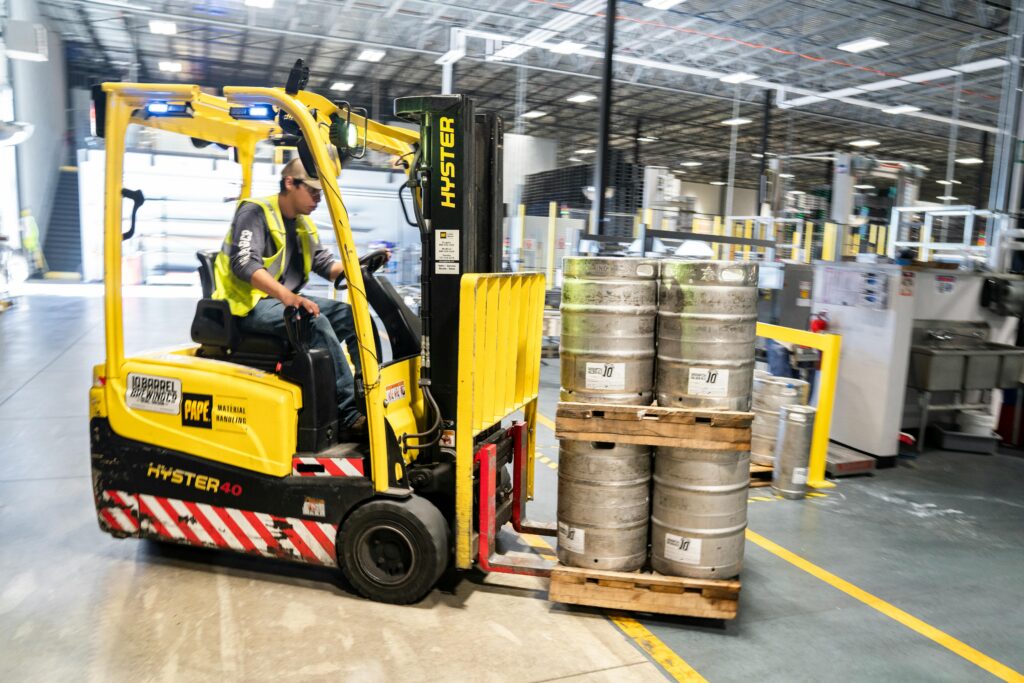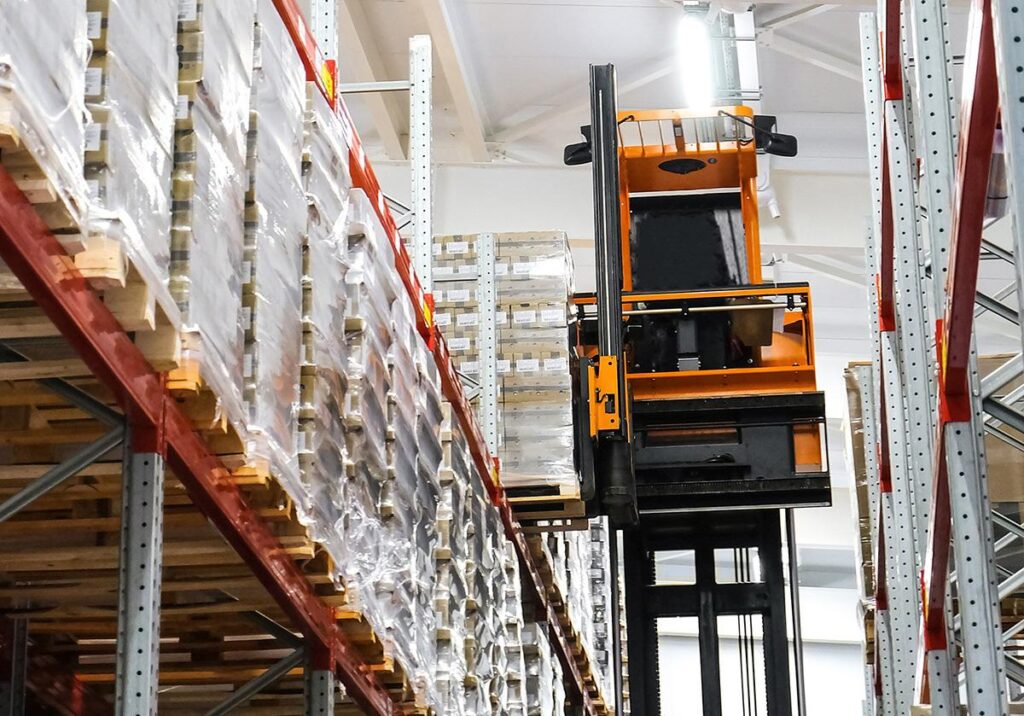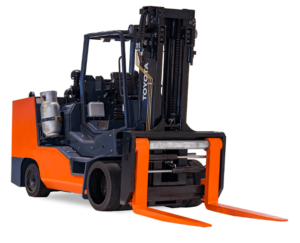Essentials
Forklifts are powerful tools used across warehouses, construction sites, shipping facilities, and more. But with that power comes responsibility—and risk. That’s why comprehensive forklift safety training isn’t just a requirement; it’s essential to protect workers, prevent accidents, and stay compliant with OSHA and Florida regulations. It also helps with liability and lawsuit prevention. Whether you’re a business owner, safety manager, or team leader looking to ensure your team is certified, this guide walks you through what you need to know about forklift safety training in Florida.
What Is Forklift Safety Training?
Forklift safety training is a formal program designed to teach operators how to use forklifts safely and efficiently. This includes understanding the equipment, workplace hazards, and proper operational techniques. Certification is not just good practice—it’s required by law.
Training usually includes:
- Classroom instruction
- Hands-on evaluation
- Written and practical exams
- Inspections
- Maintenance
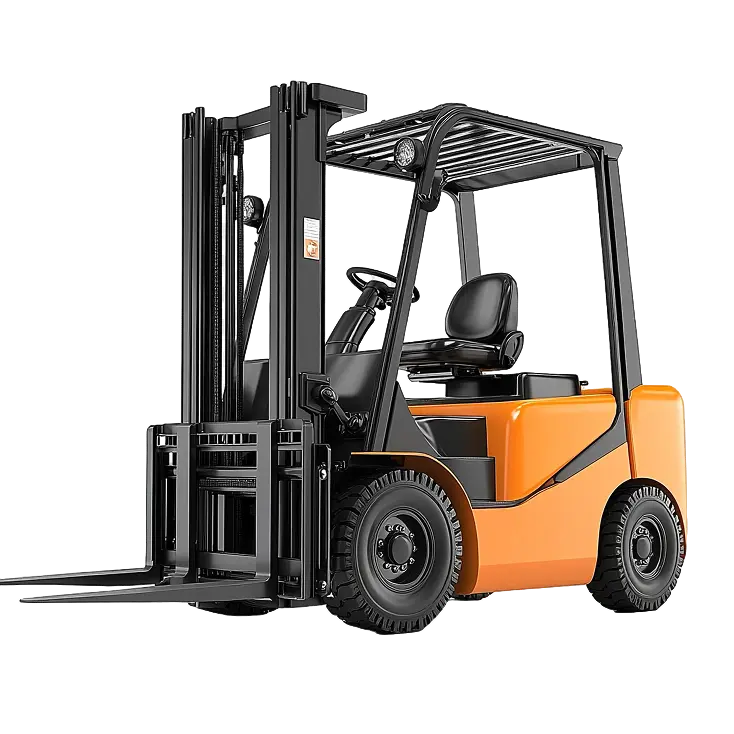

Who Needs Forklift Safety Training?
Anyone who operates a powered industrial truck (PIT) in the workplace must be certified. This includes warehouse workers, shipping clerks, construction crew members, and more. Owners and managers must also ensure that proper training and documentation are in place.
Willful and knowing noncompliance can result in fines starting at $16,131.
Employers are responsible for ensuring that each forklift operator has completed training and received certification before using equipment.
OSHA Requirements
in Florida
The Occupational Safety and Health Administration (OSHA) mandates that all forklift operators be trained and evaluated in accordance with 29 CFR 1910.178. In Florida, state law mirrors these federal regulations.
Key points include:
- Operators must receive training tailored to the equipment and environment
- Forklift inspections and maintenance records must be maintained for three years
- Employers must document and retain certification records
Types of Forklifts and
Specific Training Needs
Not all forklifts are the same. Each class of forklift requires specialized knowledge. Our training covers:
Operators must be trained on the specific forklift type and application.
On-Site vs. In-Class Training Options
We offer flexible training options across Florida:
- On-Site Training: We come to your location, saving your business time
and money - In-Class Training: Available at select facilities for businesses or individuals when needed

Certification Process
Step by Step
01
Register for a course
02
Complete classroom instruction (in-person)
03
Participate in hands-on training with
a certified trainer
04
Pass written and practical exams
05
Receive your OSHA compliance certificate
Most courses can be completed in 2–3 hours, depending on the number of participants.
Costs and
What’s Included
Pricing depends on the type of training
(individual vs. group, on-site vs. in-class),
but all courses include:
- Professional instruction
- All training materials
- Certification card upon completion
- OSHA compliance verification
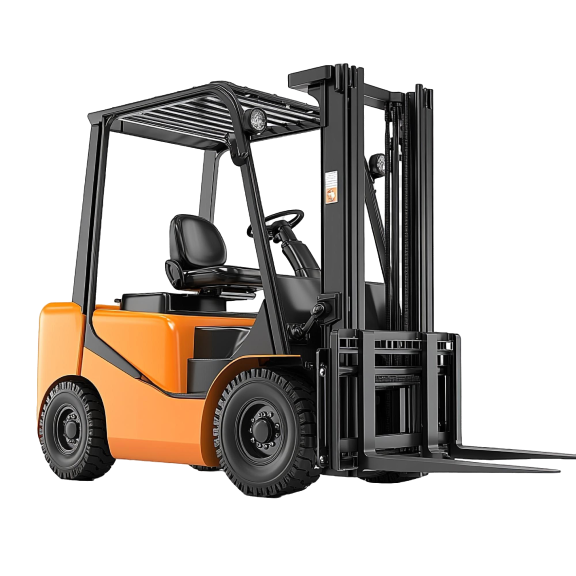
Do You Need to Recertify?
Recertification may be required in the following cases:
- The operator is observed operating unsafely
- There’s a workplace incident or near-miss
- The type of forklift or working conditions change
- When the license expires (as determined by internal safety protocols)
Locations We Serve
We proudly serve on location at businesses throughout Florida:
Miami
Fort Lauderdale
Pompano Beach
West Palm Beach
Port Orange / Orlando
Ft. Myers
Tampa
Our individual training facilities are in:
Miami
Pompano Beach
West Palm Beach
Port Orange
We serve businesses all over Florida.
Bilingual trainers available.

Can I get forklift certified online?
While classroom content can be delivered online, OSHA has made it clear that computer-based training is not sufficient to meet compliance standards. Training must be site- and equipment-specific, and include a hands-on evaluation to be valid.
From OSHA Directive CPL02-02-079: “Use of computer-based training is NOT sufficient to meet the intent of the standard’s various training requirements.”
All documentation must be up to date and available for OSHA inspectors.
